The Brazilian Supreme Court is set to decide whether or not Apple can use the "iPhone" trademark in the country.
Apple has been entrenched in a long-running trademark dispute with Brazilian company IGB Electronica, which registered the "iphone" trademark in 2000 and produced several Android devices under the brand name in 2012. A lower court ruling in 2018 affirmed a 2013 decision that allowed both companies to use the name.
Earlier in 2020, IGB Electronica appealed the lower court's decision. Now, the highest court in Brazil will decide whether Apple can use the "iPhone" trademark, even if IGB registered for it first.
"Allowing a company to claim a trademark submitted in good faith by another one punishes creativity, distorts free competition and runs over Brazilian intellectual property authorities," said IGB attorney Igor Mauler Santiago in the request.
The back-and-forth dispute has been ongoing since IGB, under the name Gradiente Group, produced a number of IPHONE-branded Android smartphones in 2012. That sparked a dispute which saw both companies arguing for exclusive rights to the name.
Apple, for its part, argues that the National Institute of Industry Property (INPI) shouldn't have granted the trademark in dispute. Although it was filed for in 2000, the "iphone" name was granted in 2008 — after Apple's first iPhone was released.
According to local law firm Mauler Advogados, Apple has taken "commercial deals" to acquire the iPhone brand name in countries such as Mexico, Canada and the U.S., regions where existing firms submitted trademarks to the name before it did.
It isn't clear when the Brazilian Supreme Court will hear the case or issue a decision.
 Mike Peterson
Mike Peterson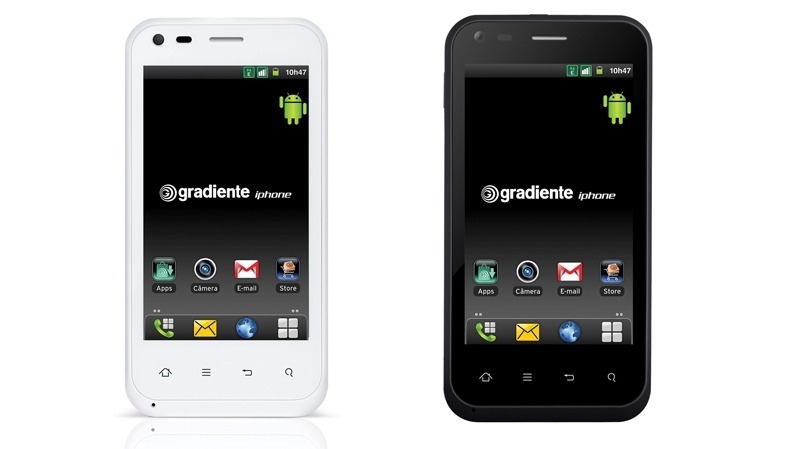
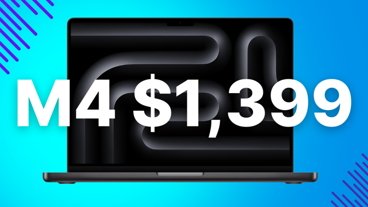

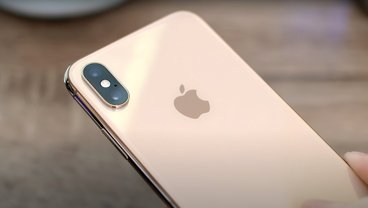
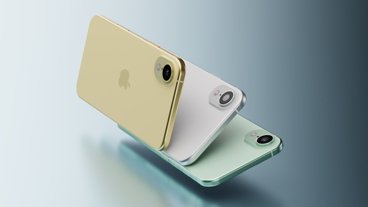
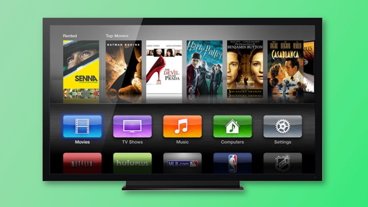

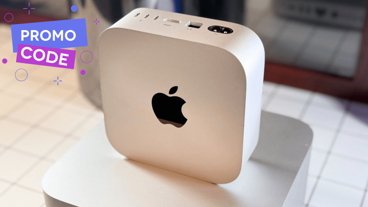

 Marko Zivkovic
Marko Zivkovic
 Christine McKee
Christine McKee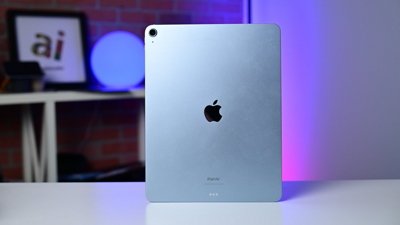
 Andrew Orr
Andrew Orr
 Malcolm Owen
Malcolm Owen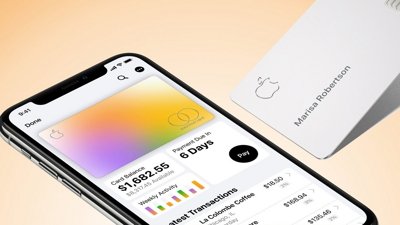
 Amber Neely
Amber Neely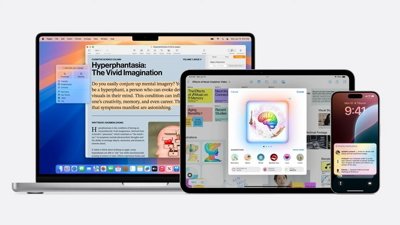
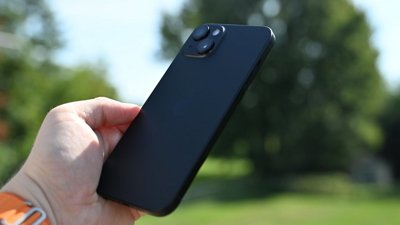

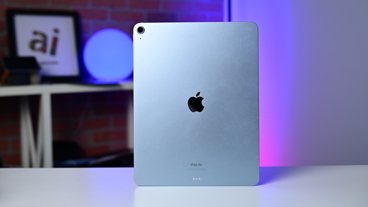

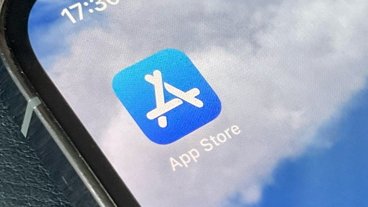






10 Comments
I don't think Apple's argument holds water. If I apply for something and it takes 8 years to be granted, that's not my fault. The date of application is the rightful basis for determination.
I don't know how Brazil trademark law works, but in the US you just can't file for anything you want as a trademark. You have to show it actually be used in trade as I understand it. Ie, when you first release the product you put the little "tm" next to it and apply for the trademark showing your usage of it with the little "tm" to prove it is actually being used. When it is approved you can change it to the (r) -- r in the circle registered trademark symbol.
If this company applied in 2000, was approved in 2008, but did not actually use it in trade until 2012, if the Brazil law is at all similar to the US law, then this company may not be able to enforce it since they were not actually showing a "trade mark" -- a mark used in trade.
IANALAIDPOOTV
I don't know the specifics of the case, but if the trademark was applied for 7 years before the release of the iPhone, I think Apple should simply reach a deal with them and buy the trademark.
There was another company called iCloud which became CloudMe because Apple purchased the iCloud trademark from them.
I always find it funny when Apple has to fight for a name inspired by Apple.
The problem I see is companies using Apple's iconic "i" for attention. iHome, iGoogle and Sony's iSound are examples. None of these companies gave a sh** about the letter "i" until Apple started using it before their names. "The iComfort Sleep System" is the worse of the bunch.
The Android phones were not done in good faith thus killing their entire claim of virginity